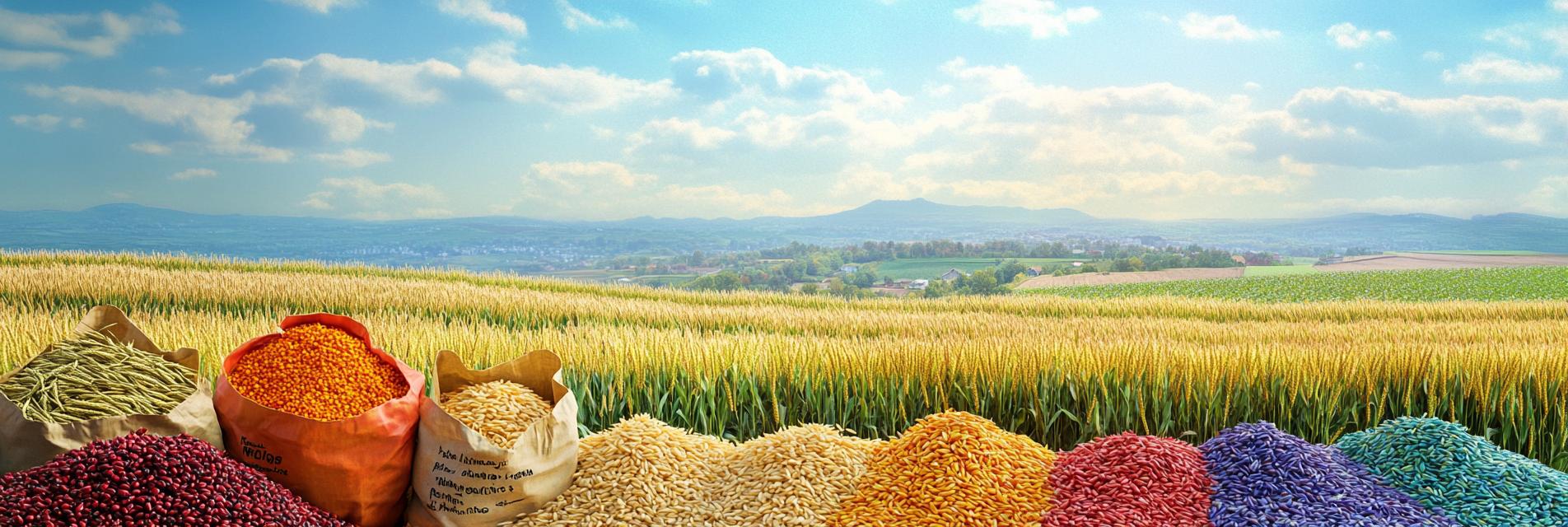The nitrogen fertilizer market plays a crucial role in global agriculture, contributing significantly to food production. With the increasing demand for food due to a growing population, the international market for nitrogen fertilizers is poised for substantial growth. However, this market is not without its challenges and intricacies.
Different crops require specific types of nitrogen fertilizers for optimal growth. For instance, leafy greens like lettuce thrive with quick-release nitrogen sources, while root vegetables may benefit from slow-release formulations. Understanding these applications is essential for farmers, particularly when navigating soil types and crop rotations.
Farmers often face challenges related to nitrogen fertilizer usage, such as nutrient leaching and suboptimal application timing. To address these issues, adopting precision agriculture practices can be effective. Utilizing soil health assessments and real-time monitoring systems enables more tailored fertilizer applications, ensuring crops receive the right nutrients at the right time.
Innovation in nitrogen fertilizer technology is crucial for enhancing agricultural productivity. Products like stabilized nitrogen fertilizers reduce the risk of nitrogen loss to the environment, making them an excellent option for farmers looking to maximize efficiency. Additionally, there is a growing trend towards sustainable practices that further minimize environmental impacts while maintaining yield.
Research and development in the fertilizer sector are vital for addressing the ongoing challenges faced by farmers. Advances in biotechnological methods and eco-friendly formulations are leading to more sustainable options. In particular, exploring the synergies between different fertilizers could unlock new potential in crop growth and soil health.
The future of the international nitrogen fertilizer market is bright, with numerous opportunities for innovation and improved agricultural practices. By addressing common challenges and leveraging advanced technologies, the agricultural sector can enhance productivity while ensuring sustainable practices for future generations. Farmers and stakeholders must stay informed about market trends and adapt their strategies accordingly.
